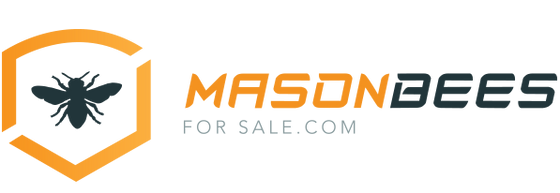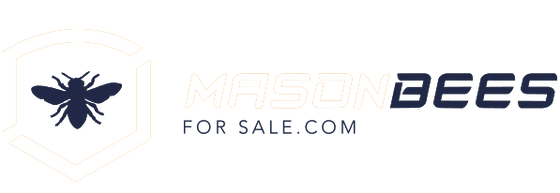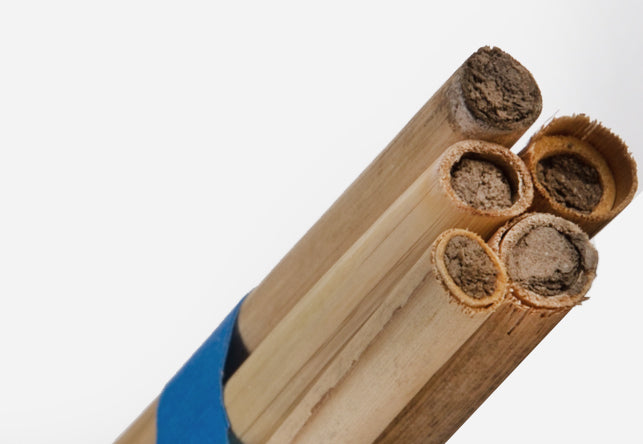What Do I Need?
Bees, a bee house and nesting materials are required for successful pollination with solitary bees. Answer the questions below to find out which materials will work best for you. *Note- our recommendations are for the minimum number of bees and nesting materials required for plants being pollinated. If you want to have room to expand and grow your bee population you may want to get the next house size up.
Which Bees Do I need?
Determining which solitary bees to get depends on what types of plants are being pollinated. All of our solitary bees are generalists and will pollinate whatever blossoms they can find. The big differences in the bees are when in the growing season they are out pollinating. Some bees are out in early spring and others won't be pollinating until mid- late summer.
Do I have Fruit Trees?
If you answered yes to this question you will need Blue Orchard Mason Bees. To read more about these bees click here.
How Many Bees Do I need?

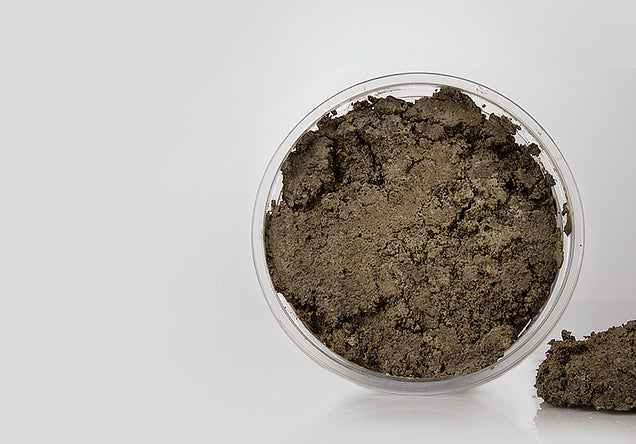
Mason Bee Clay
Mason bees require clay to build the cocoons around their offspring. We advise using this clay if you want to help mason bees maximize their reproduction capacity.
Do I have Berries?
If you have berries then Texana Bees are the ones for you. They are nick named "the berry bee" after all. To read more about Texana Bees click here.
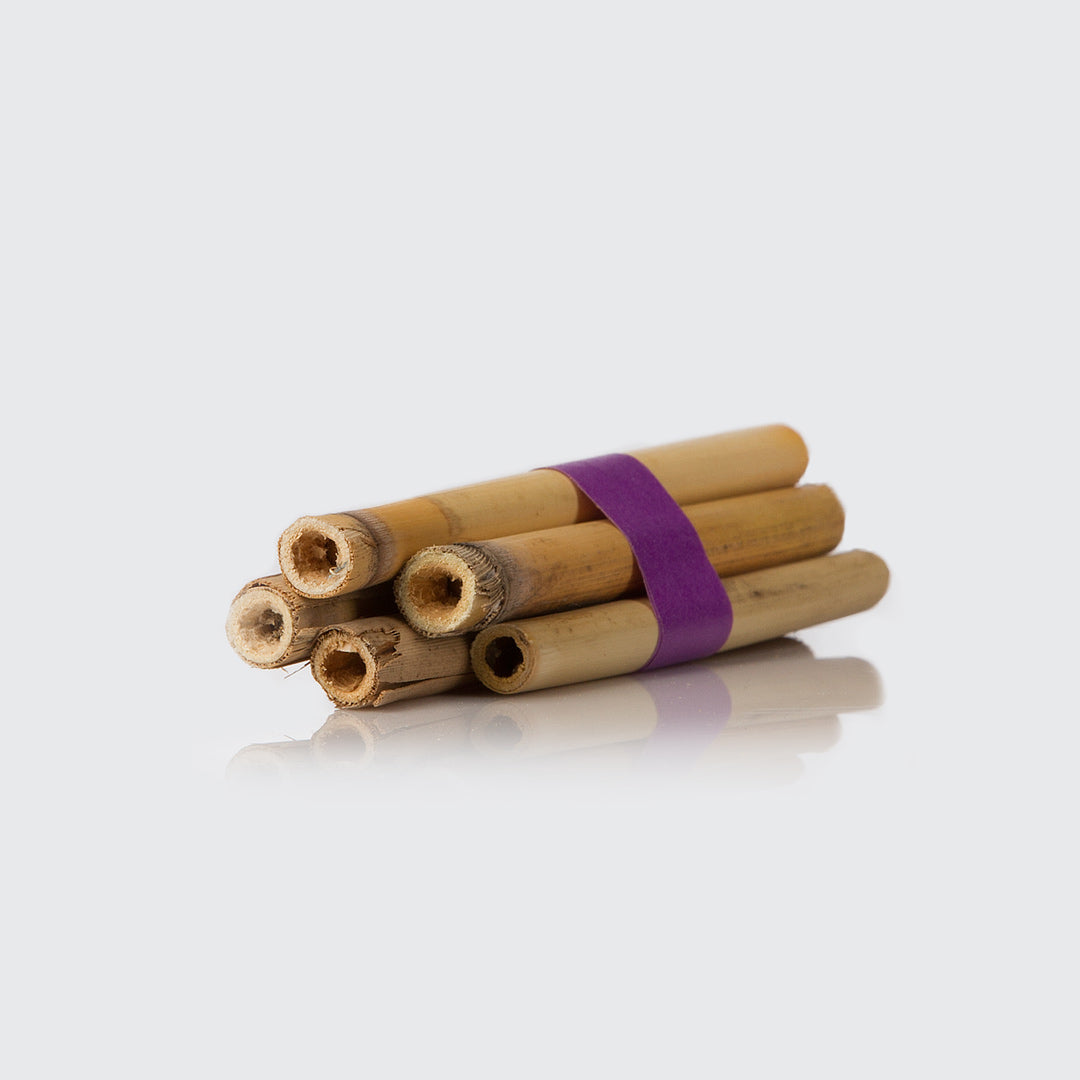
Osmia Texana
5 tubes of Osmia Texana, +/- 40 bees
Used for pollination of berry crops in the spring time.
Pollinates a 10×10 space
Do I grow a vegetable garden?
Most vegetables bloom in the summer months, making alfalfa leafcutter bees the best bee for the job. Their name is descriptive of the small holes they cut in the leaves of plants. They use the leaves to build the cocoons for their offspring. They do not destroy the plants but there will be some evidence of their presence. It is worth the small holes for the superior pollination. Better pollination = better tasting and bigger fruits and veggies after all. To read more about leafcutter bees click here.
Do I grow flower beds?
Flowers are best pollinated by summer time bees. The bees we consider summer time bees are the alfalfa leafcutter bees and the sunflower bees. Either type of bee will pollinate your flowers well. However, some flower growers do not appreciate the small holes cut out of leaves from the alfalfa leafcutter bees. If this is the case then sunflower bees might be a better option. They use mud to build their cocoons and do not leave any holes.

Leaf Cutter Bees
10 Tubes of Leaf Cutter Bees, +/- 100 bees
Used in Garden and other summer time crops
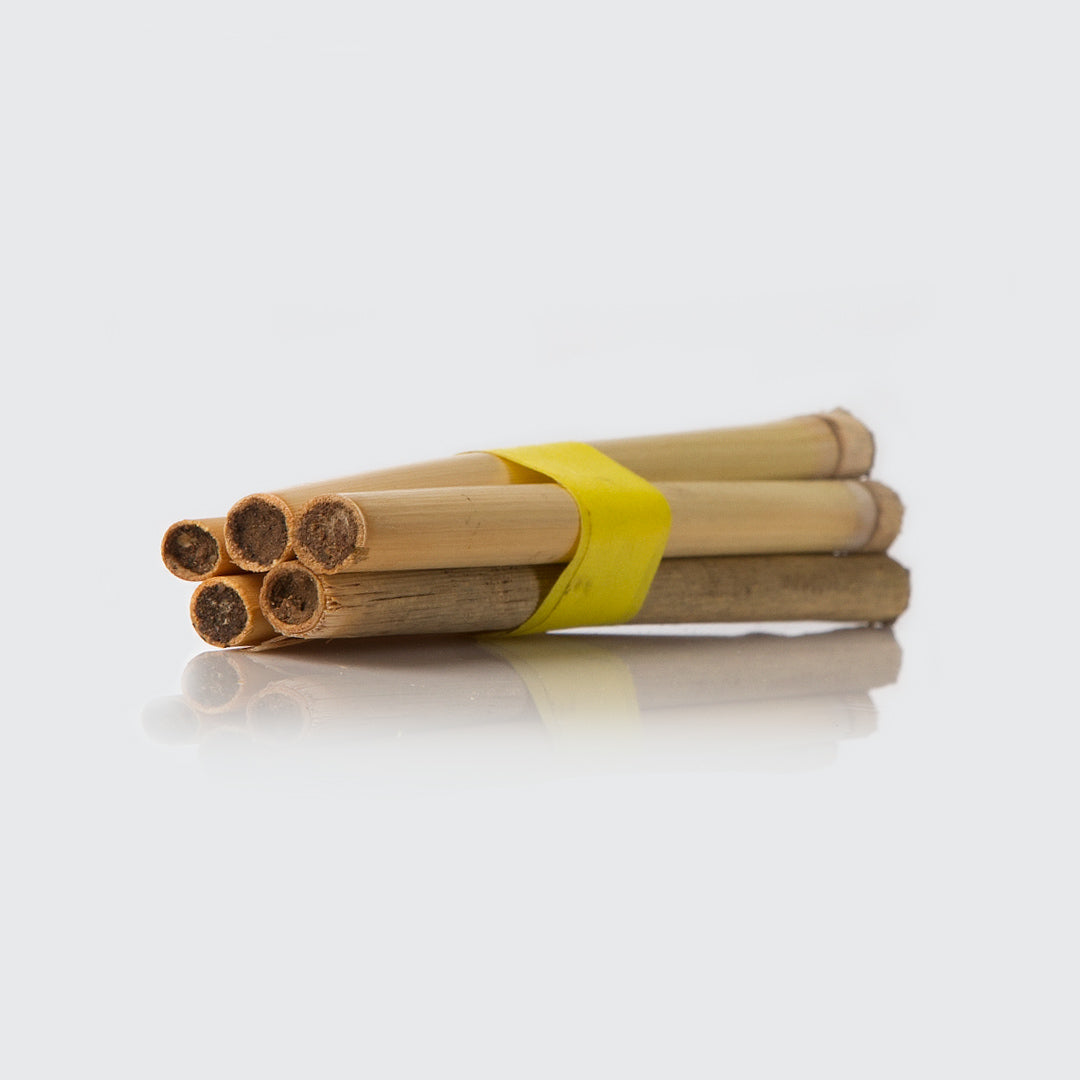
Sunflower Bees
5 tubes of Sunflower Bees. +/- 20 bees
Pollination for flowers
10×10 flower garden
Which Nesting material is best?
Personally our belief is that phragmite reed tubes and wood laminates are the best options for solitary bee nesting materials. Here is an in-depth post about the pros and cons of all the nesting materials available.
Which Bee house do I need?
When determining which size of bee house to purchase it is best to look at how many bees are going to nest in it. We find it best to have at least 5 empty holes for each bee. That way there is room for the bees to reproduce. If there is not adequate nesting materials available the bees will leave to look for a new nesting site.
Remember that it is ok to have multiple species of solitary bees in the same house. Meaning one house can have both spring and summer time bees. Just be sure to have enough empty holes for all the bees to have room to reproduce.
The house should be with in a 100 yards of the blossoms needing pollination. If you have an orchard and vegetable garden that are further than 100 yards apart we recommend have 2 houses. One by the orchard and one by the garden.
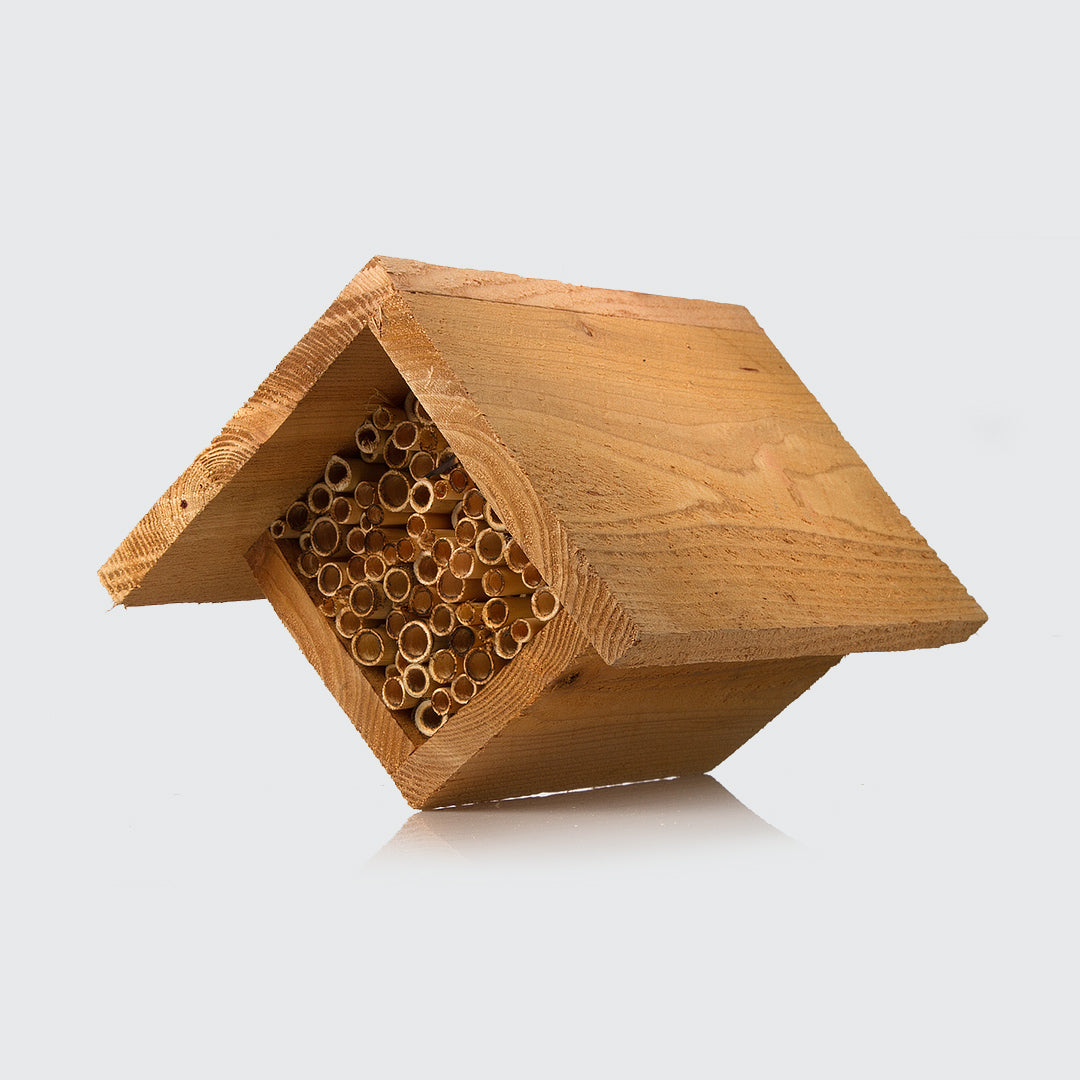
Diamond Bee House
Ideal size for 0-2 sets of bees.
Diamond Bee House +/- 50 reeds for All Bees.
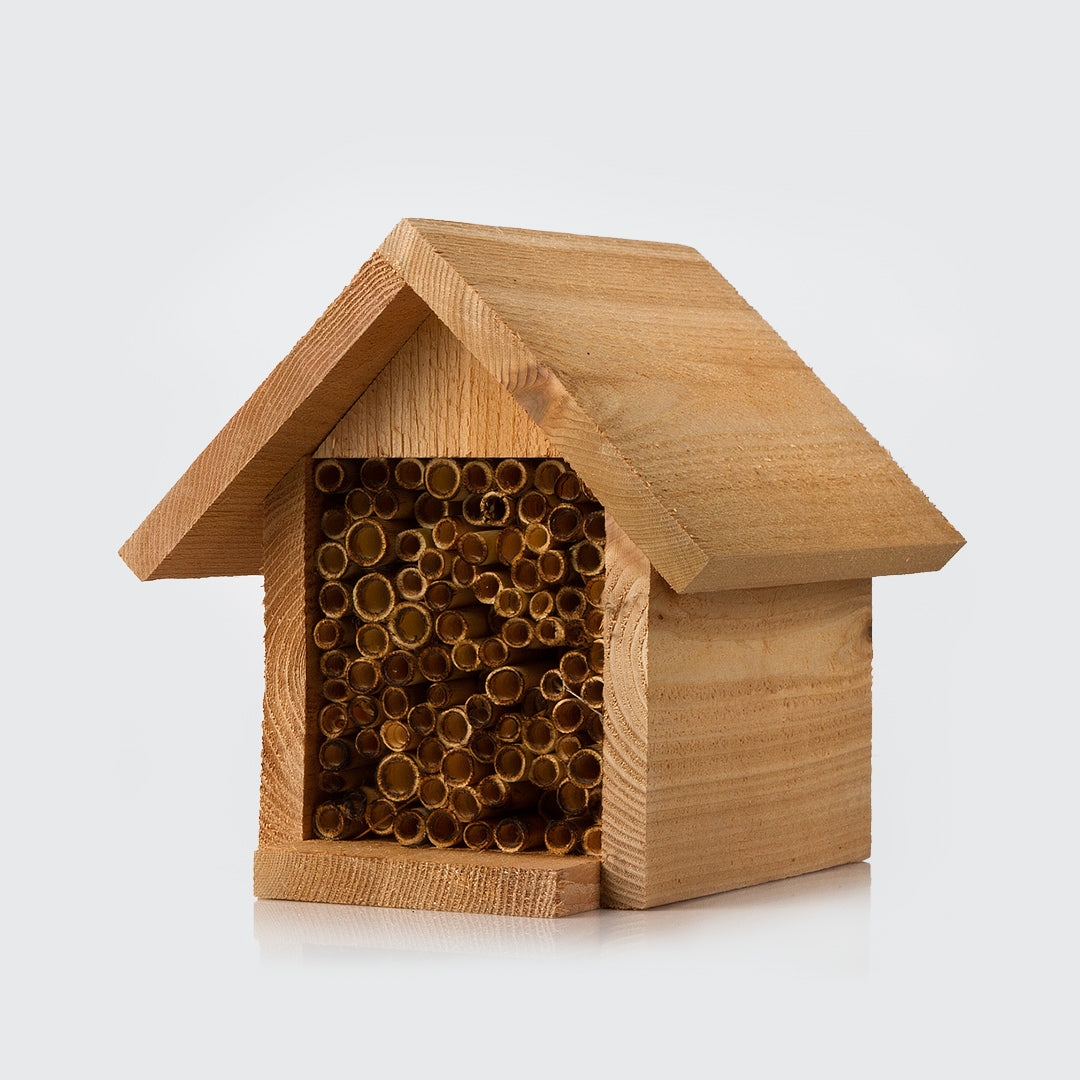
Common Bee House
Ideal size for 3-4 sets of bees.
Common Bee House Mix of Large and Small Reeds +/- 120 For all Bees
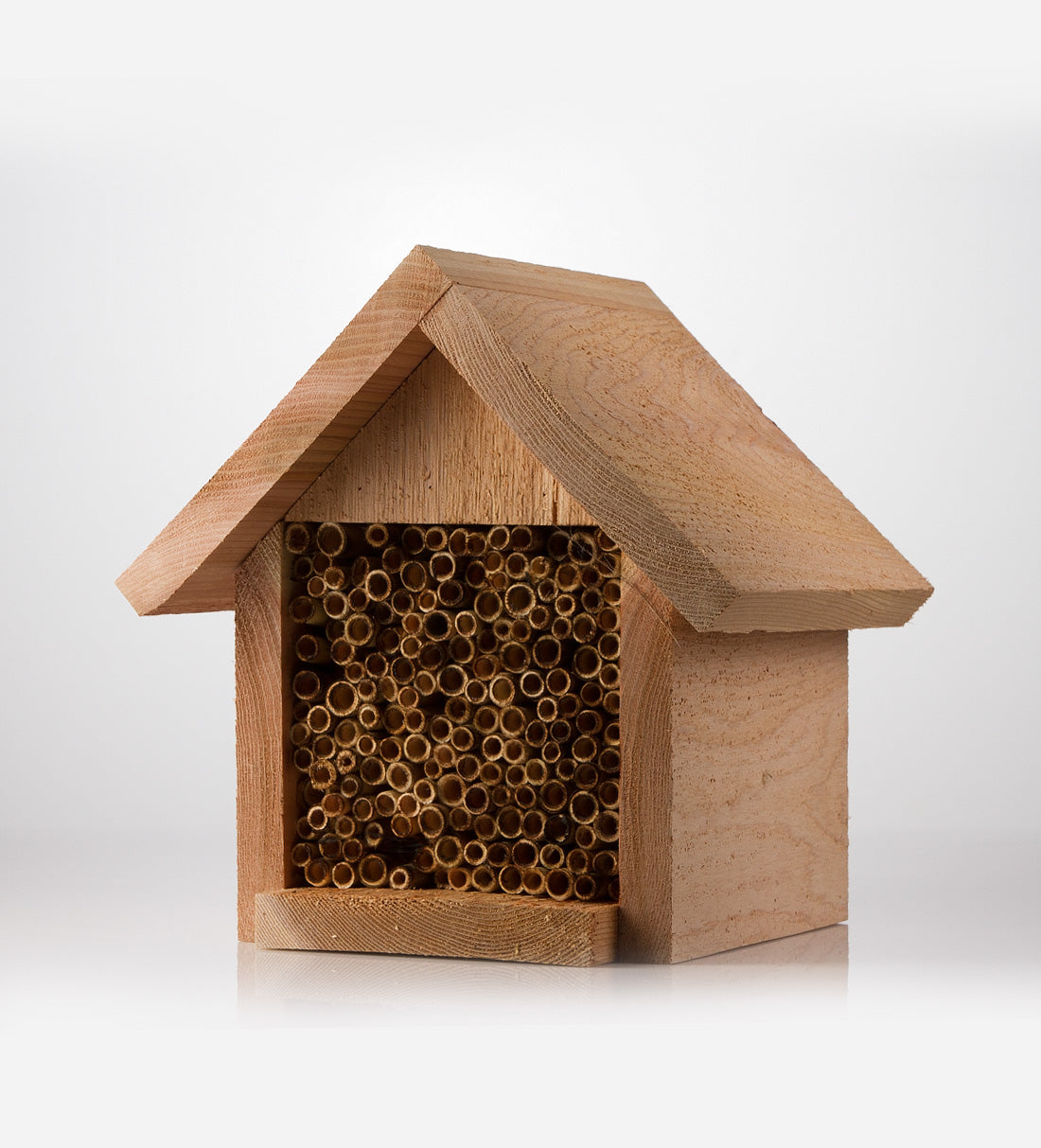
Apiary Bee House
Ideal for 5-8 sets of bees.
Apiary Bee House Mix of large and small +/- 220 reeds Good for all Bees.
8+ sets of bees
There are a couple of options. One is to order in bulk. Find out more about our bulk options here.
The other option is to order two or more houses to create enough nesting space to accommodate for the number of bees you need. Call 801.648.9035 with any further questions.
Contact us
At Mason Bees, we are here to answer any questions you may have. Whether you are interested in any of our products for you own personal garden or for your orchard, we have a solution for you. Feel free to reach us directly and we will respond as soon as possible.
Phone number: 8016489035
Email: masonbeesforsale@gmail.com
Address: Mason Bees LLC,
10090 N HIGHWAY 38, DEWEYVILLE UT 84309, United States
Get Mason Bees
Boost your garden's productivity by providing a Mason Bee House for peaceful, non-stinging bees. As bee populations struggle, home gardeners can play an important role in attracting bees and other pollinators
News & Updates
Sign up to get the latest on sales, new releases and more …
© 2026 masonbeesforsale.com. Designed by Out of the Sandbox. Powered by Shopify
